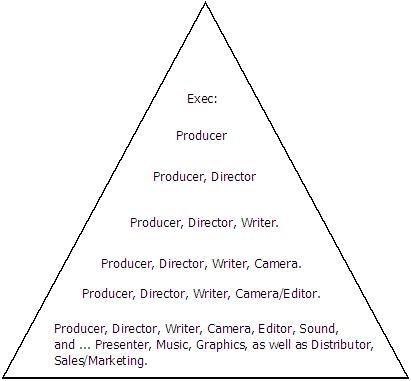Today BBC Radio 4 treated us to some insights on the 'earworm'
Fig. 1 Shaun Keaveny on earworms - today, BBC Radio 4
'Earworm' is a loan translation of the German Ohrwurm - it is a portion of a song or other music that repeats compulsively within one's mind, put colloquially as "music being stuck in one's head." Wikipedia
Getting stuff to stick in your head for learning is useful. Use the idea in revision. Hum the tune in your head during an exam.
There are dozens of songs that I will forever associate with a person, place or mood.
Where the ear worm isn't lodged I have tracks that I know will evoke the time and place, just as a time or place will set the music off.
Various examples are given of that tune you can't get out of your head, triggered like all memories by a siteor smell, thought or mood - then stuck. Not just a tune that is getting airplay, but obscure soundscapes from your past. A lecture in psychology from Goldsmith's London shares ideas gleaned from three studies. Powerful stuff.
In relation to learning I'd suggest using an ident and a sting.
Have an opening theme that is repeated - library music serves its purpose though professionally composed music is pretty good too and far less expensive if you know who to ask such as new comers to the industry with unrecognised talent.
Associations are changed - for me Ian Dury was me and Carolyn B and 'Storm's' house when I was fifteen, now it is Peter Cook outside Dingwall's Camden, some thirty years later.
I heard Johnny Cash performing 'Hurt' exactly two years ago (Johnny Vegas on Desert Island Discs) and now have the tune lodged in my head. And the sheet music downloaded so that I can sing it.
With a piece of video you can set the tempo with a 'click track' against which you then cut. Either a composer comes up with music against this tempo or you find something that fits.
As a director the choice is what you consider professionally to fit - but how about in a learning context you encourage students to lay in their own track of music? Synchronised with the click-track might it be more powerfully remembered as a result?

